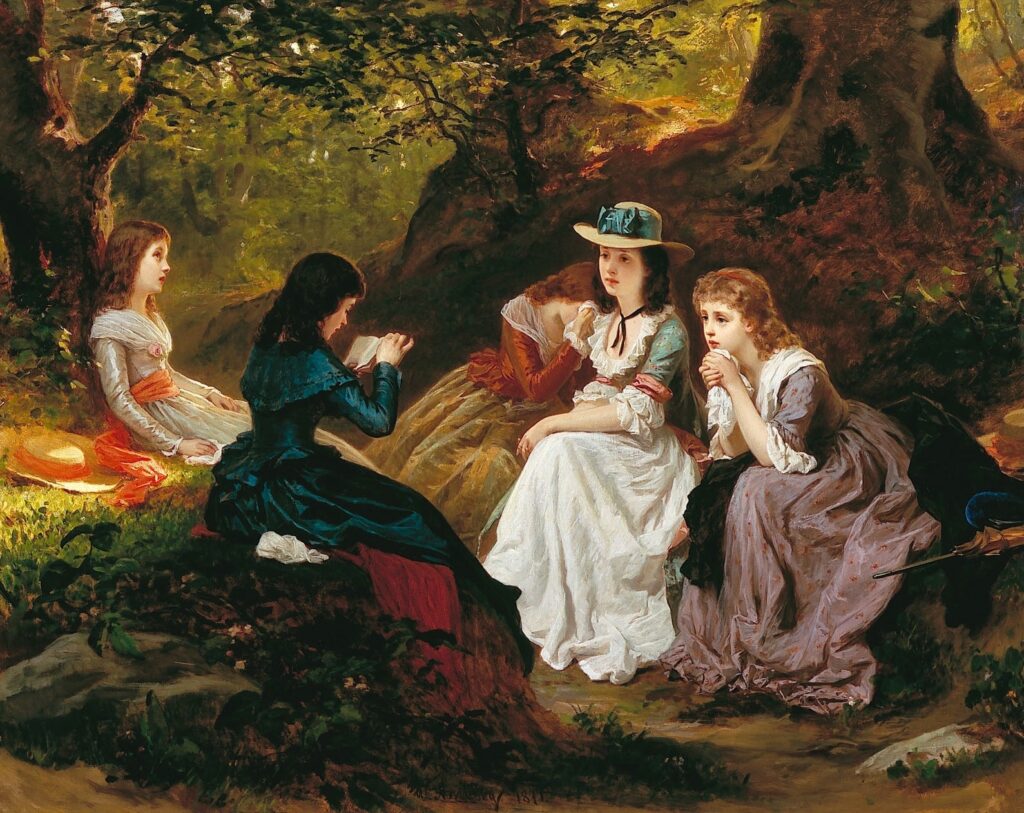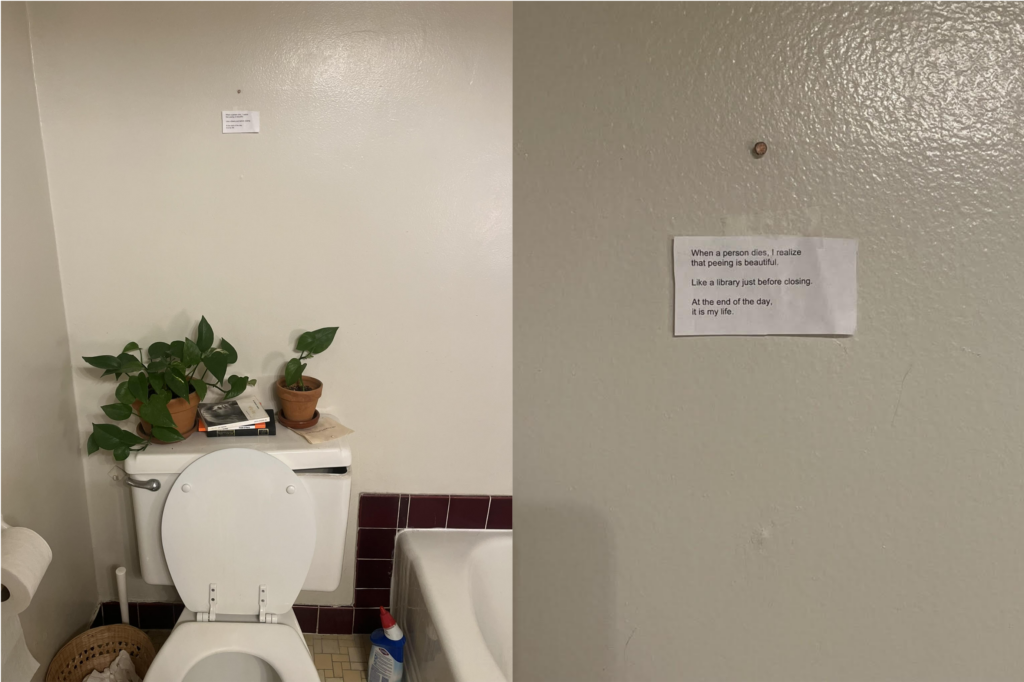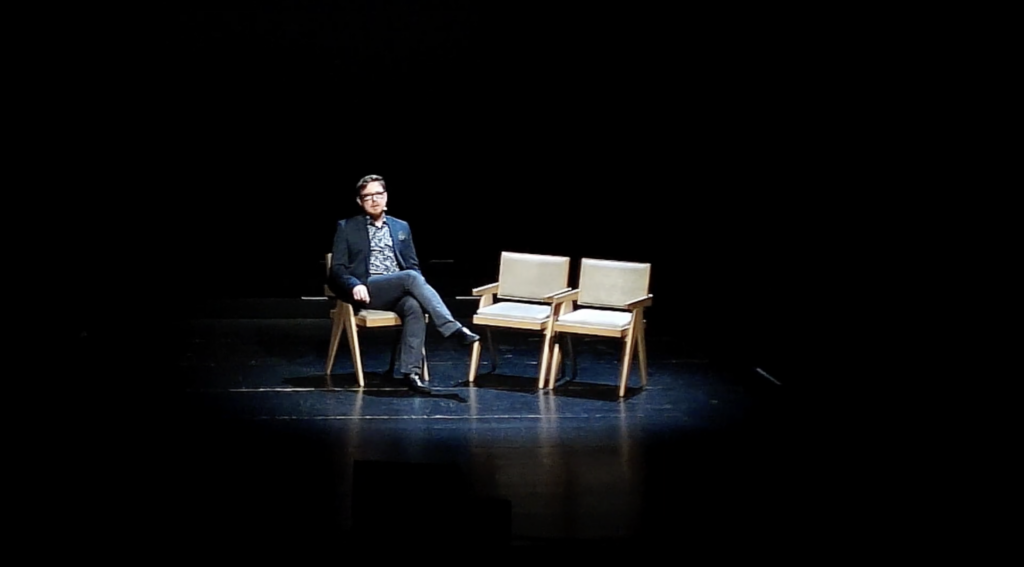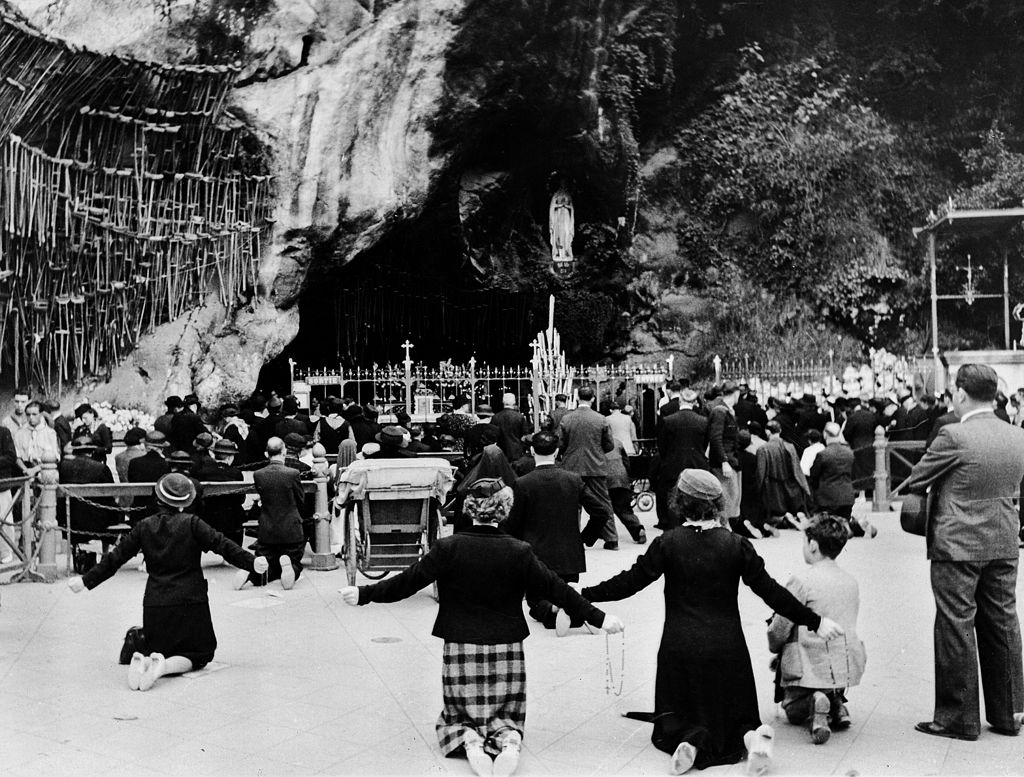Colored Television by Danzy Senna: among its subjects (not in order of importance) are LA, the vagaries of a writer’s life, and race—often in terms
The Paris Review is a prestigious literary quarterly that has been at the forefront of publishing exceptional works of fiction, poetry, and insightful interviews with renowned authors since its inception in 1953. It serves as a platform for both emerging and established writers to showcase their craft and gain recognition within the literary community.
The Review's readership primarily consists of literature enthusiasts, writers, academics, and individuals passionate about the art of storytelling and the written word. Its content caters to those seeking thought-provoking narratives, poetic expressions, and insights into the creative processes of celebrated authors.
While The Paris Review covers a wide range of themes, including family, relationships, and entertainment, its primary focus lies in the realm of literature and publishing. The highly acclaimed "Writers at Work" series, featuring in-depth interviews with literary giants, has become a hallmark of the publication, offering readers a rare glimpse into the minds of some of the most influential writers of our time.
The Paris Review's content is available through its quarterly print edition and online digital platforms, ensuring its reach extends beyond traditional literary circles. Its expert commentary, industry-specific features, and profile pieces on authors and their works have solidified its reputation as a respected authority in the literary world.

























